Assuming I have the schema & JSON:
JSON Schema:
const schema = {
"$schema": "http://json-schema.org/draft-07/schema#",
"type": "object",
"required": [ "countries" ],
"definitions": {
"europeDef": {
"type": "object",
"required": ["type"],
"properties": { "type": {"const": "europe"} }
},
"asiaDef": {
"type": "object",
"required": ["type"],
"properties": { "type": {"const": "asia"} }
}
},
"properties": {
"countries": {
"type": "array",
"items": {
"oneOf":[
{ "$ref": "#/definitions/europeDef" },
{ "$ref": "#/definitions/asiaDef"}
]
}
}
}
}
JSON:
const data = {
"countries":[
{"type": "asia1"},
{"type": "europe1"}
]
}
const isValid = ajv.validate(schema, data); //schema, data
if(! isValid){
console.log(ajv.errors);
}
and the error message:
[ { keyword: 'const',
dataPath: '/countries/0/type',
schemaPath: '#/definitions/europeDef/properties/type/const',
params: { allowedValue: 'europe' },
message: 'should be equal to constant' },
{ keyword: 'const',
dataPath: '/countries/0/type',
schemaPath: '#/definitions/asiaDef/properties/type/const',
params: { allowedValue: 'asia' },
message: 'should be equal to constant' },
{ keyword: 'oneOf',
dataPath: '/countries/0',
schemaPath: '#/properties/countries/items/oneOf',
params: { passingSchemas: null },
message: 'should match exactly one schema in oneOf' },
{ keyword: 'const',
dataPath: '/countries/1/type',
schemaPath: '#/definitions/europeDef/properties/type/const',
params: { allowedValue: 'europe' },
message: 'should be equal to constant' },
{ keyword: 'const',
dataPath: '/countries/1/type',
schemaPath: '#/definitions/asiaDef/properties/type/const',
params: { allowedValue: 'asia' },
message: 'should be equal to constant' },
{ keyword: 'oneOf',
dataPath: '/countries/1',
schemaPath: '#/properties/countries/items/oneOf',
params: { passingSchemas: null },
message: 'should match exactly one schema in oneOf' } ]
My question is, as I have derived this schema so I can pretty much understand the error. But for a third person it would definitely take some time to figure it out (and it may take more time, if the schema/errors are more complex).
Any way to make it more user-friendly?
